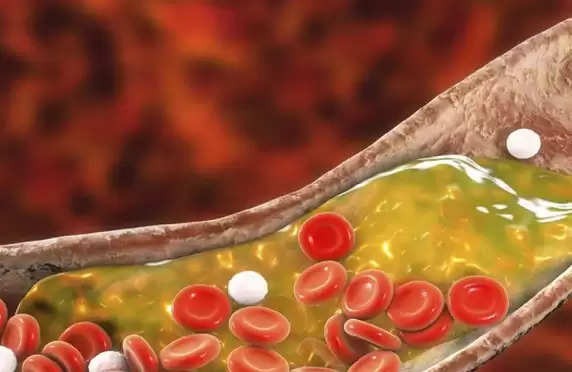Common myths related to cholesterol: Cholesterol has always been considered a bad thing, which can cause a lot of harm to our health. To avoid it, it is advisable to give up oily and sweet foods, otherwise obesity first increases and then there is blockage in the veins due to plaque accumulation in the blood. Due to this, there is a risk of diseases like heart attack, heart failure, hypertension, diabetes, coronary artery disease and triple vessel disease, sometimes it also becomes the cause of death of the person.
Myths about cholesterol
Many myths about cholesterol are very popular, by reading this article you can find out how much you know about cholesterol and whether what you know is correct or not. We spoke to Dr. Imran Ahmed about this.
1. All cholesterol is bad
Cholesterol is actually an important part of our diet and should not be missed. This means that it contains nutrients that help in the formation of membrane structures with the help of other nutrients. Even though high cholesterol can lead to heart disease, adequate amounts of it are essential for the body and are important to maintain balance. Actually, there are two types of cholesterol present in the body, LDL and HDL. HDL i.e. high-density lipoprotein is good cholesterol that helps in maintaining the functioning and health of the liver, while low-density lipoprotein can prove to be harmful for the heart.
2. Fit people can have a high cholesterol diet
If you think that your weight ratio is perfect and you are considered fit according to BMI, then you can consume more cholesterol, this is wrong. You should never consume more cholesterol than required because it can combine with other substances like fat and calcium and cause blockage in the arteries which can lead to serious complications. If you consume more cholesterol than what you think is your healthy weight, then you may be at risk of heart disease and stroke because the symptoms of blockage in the arteries are not detected until the condition becomes serious.
3. Everyone's cholesterol requirement is the same
There are many misconceptions about cholesterol intake. Everyone's body functions and consumption levels are different. A person who does a lot of physical activity may need more cholesterol than others. It also depends on the history of the disease a person is suffering from, a person with a history of diabetes in the family should consume very little cholesterol, while a person who does not have any major health problems can take a little more cholesterol in his body. In fact, blood pressure is also affected differently in people with the same cholesterol level, which means that the same cholesterol level does not work the same for everyone.
 look news india
look news india
